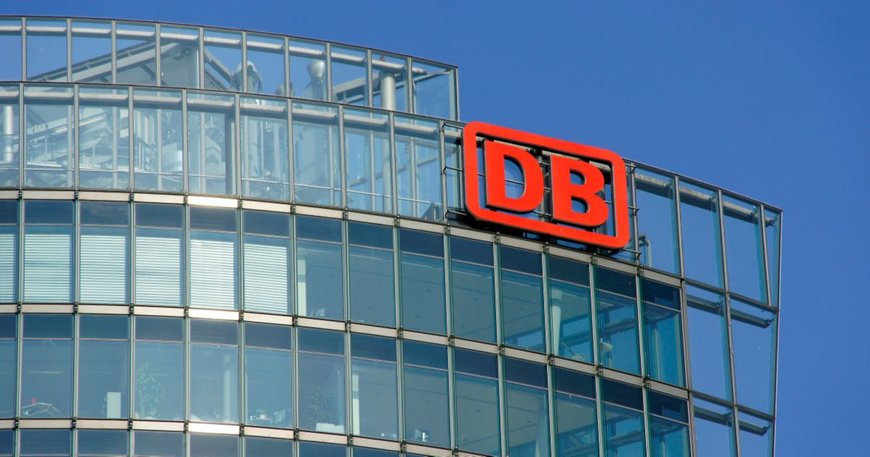railway-international.com
06
'22
Written on Modified on
Deutsche Bahn develops emission-free ammonia-hydrogen engine
New technology to replace conventional diesel engines. In order to promote climate-neutral mobility, Deutsche Bahn (DB) and the Australian energy company Fortescue Future Industries (FFI) have agreed on a comprehensive cooperation.

In a first project, both partners are working on modifying diesel engines for locomotives and traction vehicles so that they can be operated with ammonia and hydrogen. Both sides have signed a corresponding Letter of Intent. In addition to the development of emission-free propulsion technologies, the agreement also provides for cooperation in logistics and supply chains for green fuels.
Dr. Daniela Gerd tom Markotten, DB Board Member for Digitisation and Technology: „We are saying goodbye to diesel and relying on the latest technologies, including the ammonia-hydrogen engine. This innovative engine makes it possible to continue operating existing diesel vehicles without emissions. Our customers are already travelling by the most climate-friendly means of transport. By 2040, DB will be completely climate-neutral.“
Dr. Sigrid Nikutta, DB Board Member for Cargo: „Climate-neutral mobility starts with green supply chains on the railways. Today we can already transport hydrogen in liquid form in conventional tank wagons. This is efficient and uncomplicated. Our goal is to develop further logistics solutions for hydrogen, because rail is the most climate-friendly form of transport. One train can replace 52 trucks.“
Dr. Andrew Forrest, Founder and Chairman of the Board of FFI: „We know that cutting edge technology and real-world solutions are key to addressing climate change which is why Fortescue is partnering with Deutsche Bahn, Europe’s leading mobility and logistics provider. Together FFI and DB will work to reduce global emissions given the urgency to find new ways to replace fossil fuels in the transport industry.”
The ammonia-hydrogen engine is based on an existing type of diesel engine. This is modified so that it can run on green ammonia and green hydrogen. The advantage over a pure hydrogen engine is that ammonia has a higher energy density than liquid hydrogen and is easier to transport and store.
The key technology of the ammonia-hydrogen engine is a so-called cracker from the Stuttgart-based company Ammonigy. This cracker splits a small part of the ammonia outside the engine into hydrogen and nitrogen. The hydrogen produced in this way is then mixed with the remaining ammonia as an ignition gas and ensures CO2-free combustion. A first prototype of the engine is currently being tested on an engine test bench. Together with FFI, DB is developing this technology further, including endurance tests and emission measurements. In total, both companies are investing a mid-six-figure sum in the development project.
The cooperation also focuses on the potential for green supply chains of hydrogen and ammonia, i.e. the production, transport and distribution of both energy carriers. FFI wants to produce hydrogen in large quantities and distribute it globally in the form of green ammonia. DB is currently testing a variety of solutions for the use of hydrogen and could be a customer with a large demand of its own. At the same time, the DB subsidiary DB Cargo is currently developing efficient and green logistics concepts to bring hydrogen and hydrogen derivatives such as ammonia to industry.
About Fortescue Future Industries:
Fortescue Future Industries (FFI) is a subsidiary of Fortescue Metal Group, a global leader in the iron ore business. Fortescue aims to neutralise all its direct emissions by 2030 and to be completely carbon neutral by 2040. FFI was established to take a leading role in combating climate change and promoting green hydrogen and ammonia from renewable energy sources.
www.deutschebahn.com

